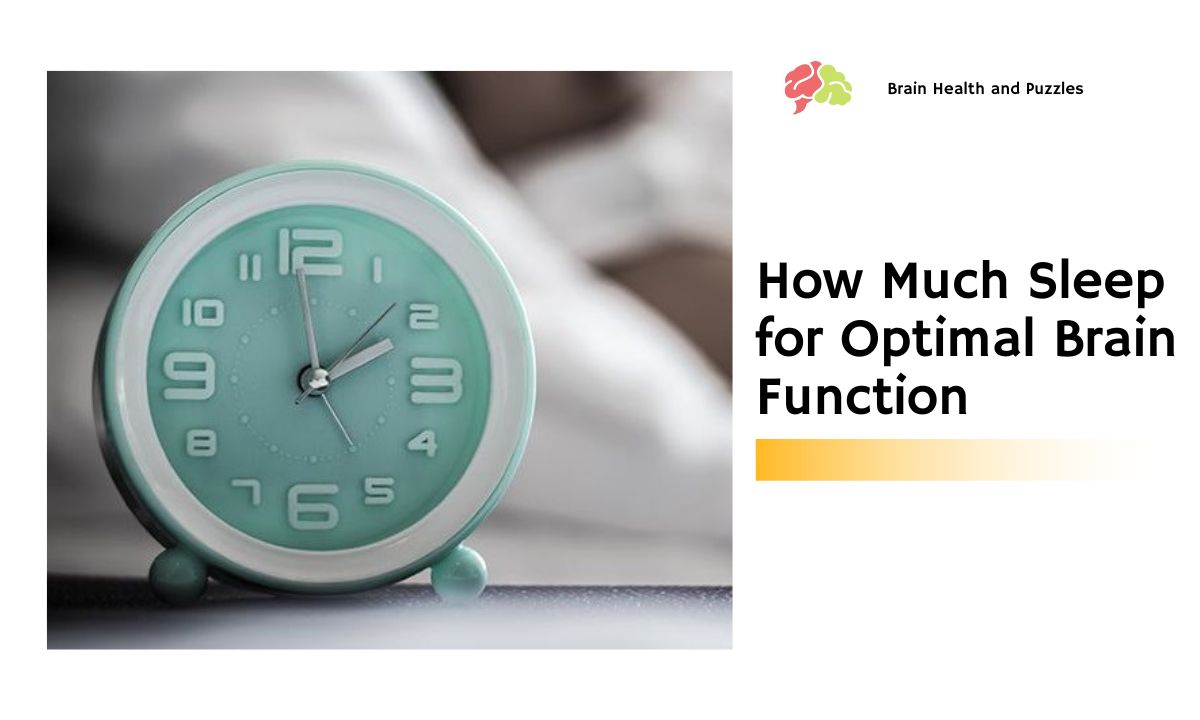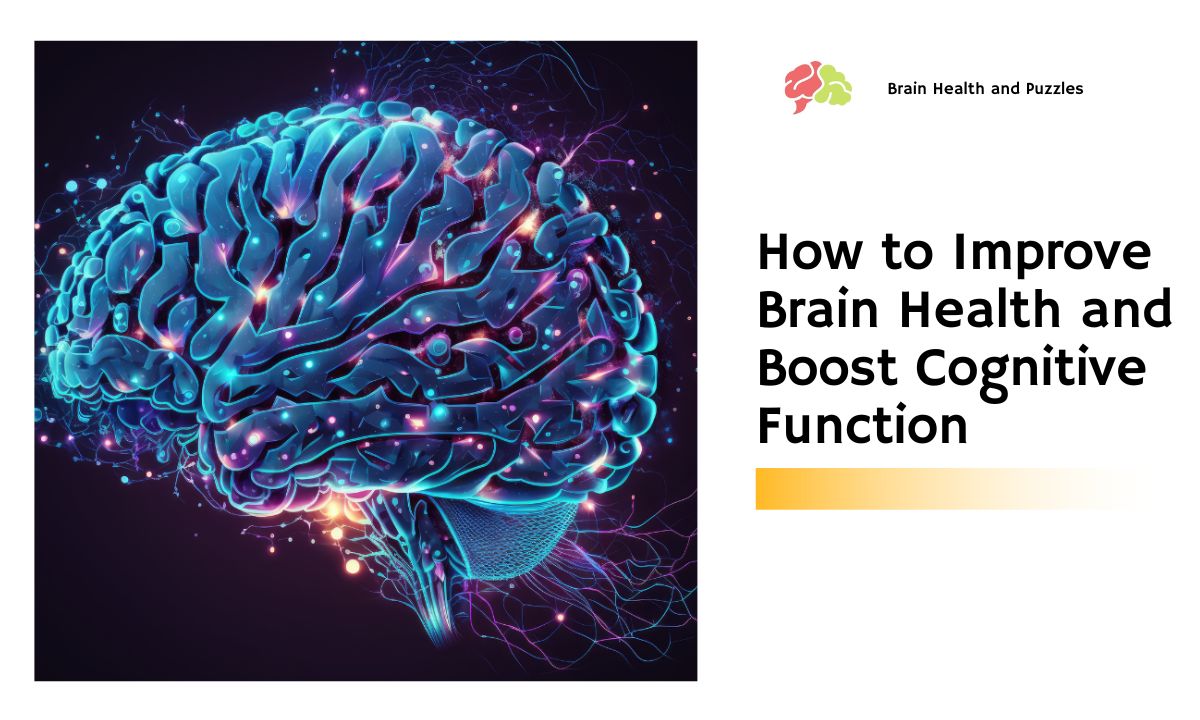How Much Sleep for Optimal Brain Function

Understanding the Sleep-Cognition Connection
The Intricate Dance of Brain Activity
Sleep is not a passive state; it’s a dynamic process essential for various cognitive functions. During different sleep stages, the brain engages in activities like memory consolidation, emotional regulation, and the release of growth hormones crucial for overall well-being.
The Importance of REM Sleep
REM (Rapid Eye Movement) sleep is particularly vital for cognitive function. It is during this phase that the brain processes and consolidates information, contributing to improved problem-solving skills, creativity, and emotional resilience.
Decoding the Ideal Sleep Duration
Quality Over Quantity
While the ideal amount of sleep can vary among individuals, a general guideline for adults is 7 to 9 hours per night. However, it’s essential to prioritize the quality of sleep over sheer duration. Creating a conducive sleep environment, establishing a consistent sleep routine, and addressing factors like stress contribute to restorative sleep.
Individual Variations
Individuals may have unique sleep requirements influenced by factors such as age, health, and lifestyle. Some may thrive on seven hours, while others may need the full nine hours to function optimally. Pay attention to your body’s signals and adjust your sleep duration accordingly.
The Impact of Sleep Deprivation on Cognitive Function
Cognitive Impairment: A Consequence of Sleep Debt
Consistently falling short of sleep can lead to a cumulative sleep debt, impairing cognitive function. Memory lapses, difficulty concentrating, and decreased creativity are among the cognitive consequences of inadequate sleep.
Emotional Regulation and Sleep
Optimal brain function extends beyond cognitive abilities to emotional well-being. Sleep deprivation can contribute to heightened emotional reactivity, increased stress, and a decreased ability to cope with daily challenges.
Strategies for Enhancing Sleep Quality
Creating a Sleep-Conducive Environment
Transform your bedroom into a haven for restful sleep. Dim the lights, keep the room cool, and invest in a comfortable mattress and pillows. Minimize electronic devices in the bedroom to reduce exposure to blue light, which can interfere with the production of the sleep hormone melatonin.
Establishing a Consistent Sleep Routine
Maintain a regular sleep schedule by going to bed and waking up at the same time each day, even on weekends. This helps regulate your body’s internal clock, enhancing the quality and consistency of your sleep.
Conclusion: Prioritizing Sleep for Cognitive Excellence
In the pursuit of optimal brain function, sleep emerges as a non-negotiable factor. Striking the right balance in sleep duration, prioritizing sleep quality, and adopting healthy sleep habits contribute to unlocking the full potential of your cognitive abilities.



